Entwickelt von Ärzten
Entwickelt und überwacht von Ärzten, bietet unser medizinischer KI-Chatbot zuverlässige und überprüfte Unterstützung. Da Vertrauen unsere oberste Priorität ist, basiert die Genauigkeit von Mediktor auf strengen medizinischen Qualitätsprozessen, die unsere Inhalte validieren. Es ist die Mission unseres medizinischen Teams, unseren Gutachter professionell zu überwachen und kontinuierlich unsere Standards zu erhöhen.
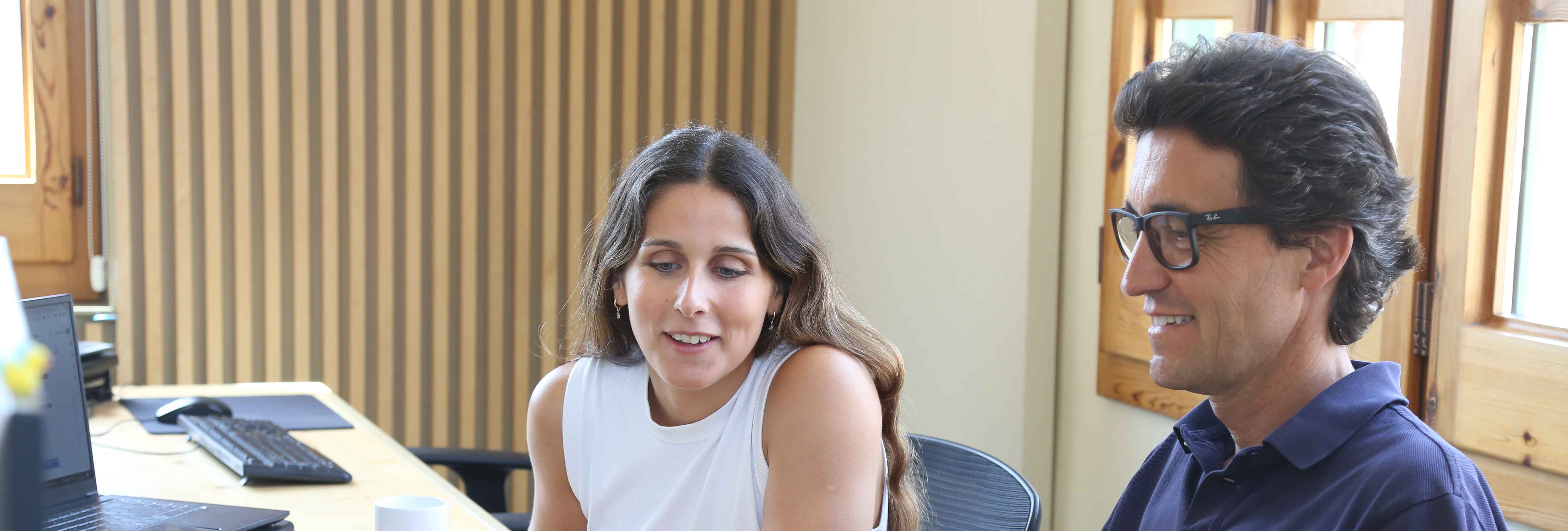
Eine von Ärzten entwickelte Datenbank
Eine umfangreiche Menge an medizinischer Information wird kontinuierlich überwacht und aktualisiert.
Hier ist eine Übersicht unserer Daten in Zahlen.
Verifizierter medizinischer Inhalt
So gehen wir vor.
Interne Verifikation
Unsere Medizinische Abteilung führt strenge interne Evaluationsverfahren durch, um die Genauigkeit unserer Lösung zu überprüfen.
Überprüft von externen Experten
Unsere Datenbank wird von Fachleuten entwickelt und von Spezialisten überprüft. Experten analysieren unsere Inhalte, um individuelle und inklusive Unterstützung anzubieten.
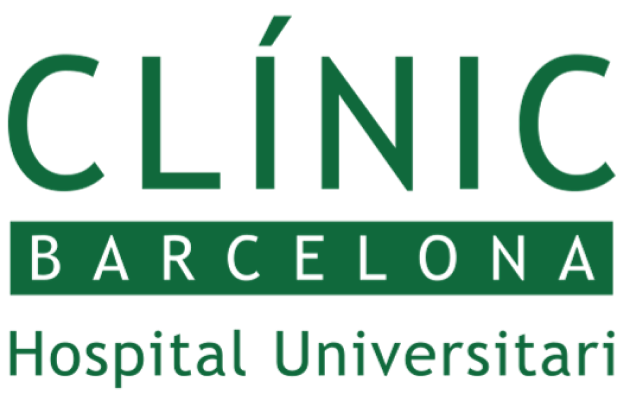
Tropenkrankheiten
Die Mediktor-Datenbank wurde optimiert, um die am häufigsten auftretenden Krankheiten in den tropischen Gebieten präzise zu identifizieren.
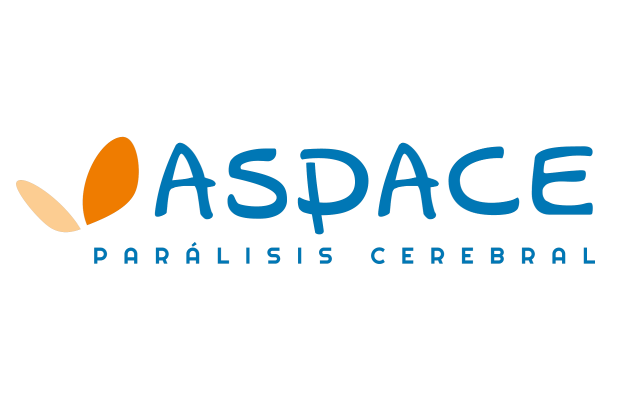
Sensorische, körperliche und geistige Behinderungen
Wir haben unsere Datenbank aktualisiert und überprüft, um die Unterstützung für Menschen mit Behinderungen zu personalisieren.
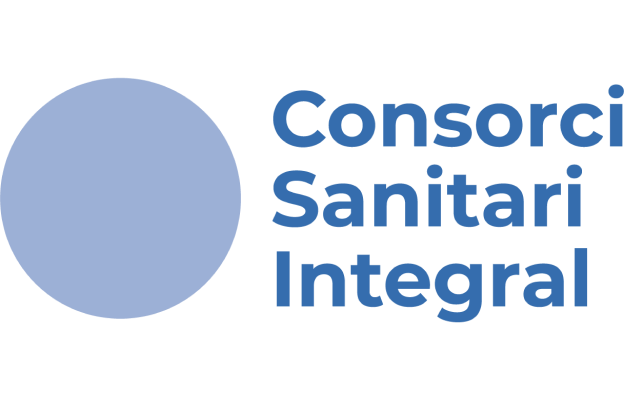
Psychische Gesundheit
Wir bieten zuverlässige Unterstützung für die psychische Gesundheit, die umfassend von Experten analysiert wurde.
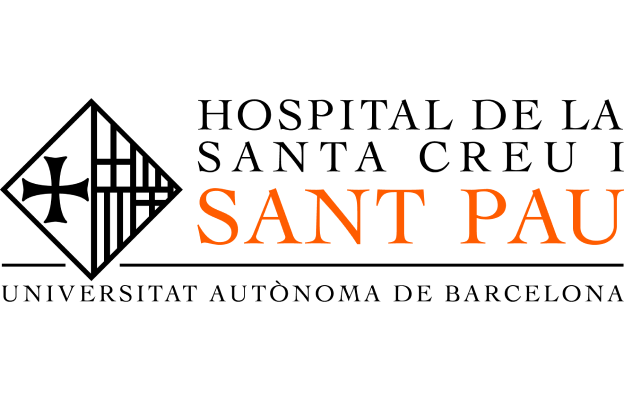
Gynäkologie und Geburtsmedizin
Alle Informationen und Inhalte der Gynäkologie und Geburtsmedizin wurden strengen Prüfungs- und Genehmigungsverfahren unterzogen.

LGBTQIA+
Wir haben unsere medizinische Bewertung entsprechend relevanter Informationen angeglichen, wie etwa Geschlecht oder Behandlungen zur Geschlechtsanpassung.
Wissenschaftliche Studien
Mediktor kollaboriert mit relevanten externen Organisationen, um klinische Studien mit echten Patienten durchzuführen.

Mediktor® Erfahrung: Ein neuer KI-basierter Symptom-Checker für Patienten, die in der Notaufnahme behandelt werden
Evaluation der Genauigkeit von Mediktor im Vergleich zu Ärzten beim Diagnostizieren von Erkrankungen mit geringer Komplexität. Bewertet die Lösungsleistung in der Notaufnahme des Krankenhauses.
Hospital Clínic de Barcelona
Barcelona, Spanien. 2018

Evaluation eines diagnostischen Entscheidungsunterstützungssystems für den Triage-Prozess von Patienten in einer Krankenhaus-Notaufnahme
Vergleich zwischen dem Manchester-Triage, den finalen Diagnosen der Notfallambulanz und Mediktors Triage und Prädiagnose. Es wird das Potenzial der Technologie getestet, um die Triage-Prozesse zu ergänzen und zu unterstützen.
Hospital Clínico San Carlos
Madrid, Spanien. 2018

Erfahrung mit Mediktor® (künstliche Intelligenz) bei Patienten, die in der Notaufnahme des Universitätsklinikums San Ignacio in Bogotá, Kolumbien, behandelt werden.
Studie zur Bewertung der Übereinstimmung zwischen Mediktor und einem Notarzt bei Diagnose und Laboruntersuchungen. Die Studie zeigte, dass Mediktor ein zuverlässiges Werkzeug zur Unterstützung bei der Diagnose der häufigsten Notfallerkrankungen ist.
Hospital Universitario San Ignacio
Bogotá, Kolumbien. 2019

Validierung eines neurologischen Triage-Werkzeugs in der Gesamtbevölkerung, basierend auf der Verwendung von künstlichen Intelligenz-Algorithmen
Studie zur Bewertung der Effektivität von Mediktor bei frühzeitiger Erkennung von Schlaganfallsymptomen in der Neurologie-Abteilung. Zeigt die Wirksamkeit der Software im spezialisierten neurologischen Triage.
Hospital Vall d'Hebrón
Barcelona, Spanien. 2021. In Bearbeitung.

Bewertung eines fortschrittlichen Notfall-Triage-Instruments für Gynäkologie und Geburtsmedizin, basierend auf künstlichen Intelligenz-Algorithmen
Studie zur Überprüfung der Wirksamkeit von Mediktor+ bei der spezialisierten Triage in Gynäkologie und Geburtsmedizin im Vergleich zur MAT-Triage. Unterstreicht, wie das Tool Patienten nach Level der Dringlichkeit dirigiert
Hospital de la Santa Creu i Sant Pau.
Barcelona, Spanien. 2022. In Bearbeitung.

Einführung einer Pflegesprechstunde mit Integration einer künstlichen Intelligenz-Software in das Nachfragemanagement im Versorgungsprozess der Notaufnahme des Parc Taulí.
Studie, bei der Pflegekräfte mit Unterstützung von Mediktor+ Patienten mit einfachen Krankheitsbildern in einem öffentlichen Krankenhaus triagierten. Verdeutlicht, dass die Lösung das Nachfragemanagement in Notaufnahmen unterstützt und gleichzeitig die Pflegeabteilung stärkt.
Hospital Universitari Parc Taulí.
Sabadell, Spanien. 2022. In Bearbeitung.
Weitere Artikel zum Thema
Hospital Universitario Arnau de Vilanova (HUAV) is a healthcare provider in Lleida, Alto Pirineo y Arán, and parts of La Franja in Aragón, Spain. Healthcare professionals were struggling with overcrowded waiting rooms, and the HUAV was looking for a digital solution to help manage urgent care effectively.
Serving approximately 400,000 people, the hospital’s Emergency Department often experiences overcrowding, particularly during high-demand seasons like autumn and winter. “In winter, we have a really hard time because we triple or quadruple the real capacity,” explained Nuria Amador, Nurse of the HUAV’s Emergency Department.
In recent years, the HUAV has undergone a significant demand increase at the ED, with nearly 50% of emergency visits being non-urgent (IV and V triage levels). This rise in non-urgent visits is often caused by a lack of public awareness about alternative public healthcare services more suitable for patients with low-complexity needs, resulting in unnecessary congestion in the central hospital emergency department.
In response to this challenge, the HUAV sought a digital solution to manage urgent care cases more effectively. The answer was a reverse referral model designed to identify non-urgent patients in the emergency waiting room and redirect them to Lleida’s Urgent Primary Care Center (CUAP). “What we were looking for by adding artificial intelligence with Mediktor was to give an extra point of quality to the reverse referral process,” said Oriol Yuguero, Head of the Emergency Department.
Mediktor’s AI-driven software helped streamline the reverse referral model by meeting the hospital’s strict security standards and seamlessly integrating into its existing processes. Patients identified as having lower urgency levels (IV and V) through a traditional nurse triage were given the option to assess their symptoms using Mediktor’s software. This second AI-based assessment helped identify patients who could be seen at the CUAP and received a recommendation to leave the ED.
The results of this innovative approach were enlightening. Among those patients that Mediktor recommended to attend the CUAP, an impressive 90.9% left the Emergency Department. When patients receive and acknowledge Mediktor’s recommendation, they realize that their cases can be solved outside urgent care. This not only reduces their wait times but also empowers them to take control of their healthcare decisions. Most of these patients proceeded to the CUAP, where they received timely care and were subsequently discharged.
The implementation of Mediktor’s AI-driven reverse referral process has yielded significant benefits. For patients, it meant receiving appropriate care more quickly and efficiently. Those with non-urgent conditions were successfully redirected to CUAP, reducing their wait times and ensuring they received the care they needed without unnecessary delays.
The AI-powered reverse referral process not only benefited the patients but also had a positive impact on healthcare professionals. It helped alleviate the burden on HUAV’s emergency department, allowing for better management of time and resources. Nurses, in particular, played a crucial role in this process, actively engaging in patient evaluation and discharge. The model also contributed to better patient education, helping individuals understand the healthcare system and navigate it more effectively. “The aim is that services can be optimised and used in a correct way and, at the same time, provide health education”, expressed Sílvia Solís i Vidal, Director at CUAP Prat de la Riba of Lleida.
The successful collaboration between HUAV and Mediktor stands as a testament to the transformative power of technology in healthcare delivery. By leveraging AI to manage urgent care demand, HUAV has not only improved patient outcomes but also enhanced operational efficiency. This success story underscores the hospital’s dedication to innovation and excellence, setting a new standard for healthcare in the region and beyond.
